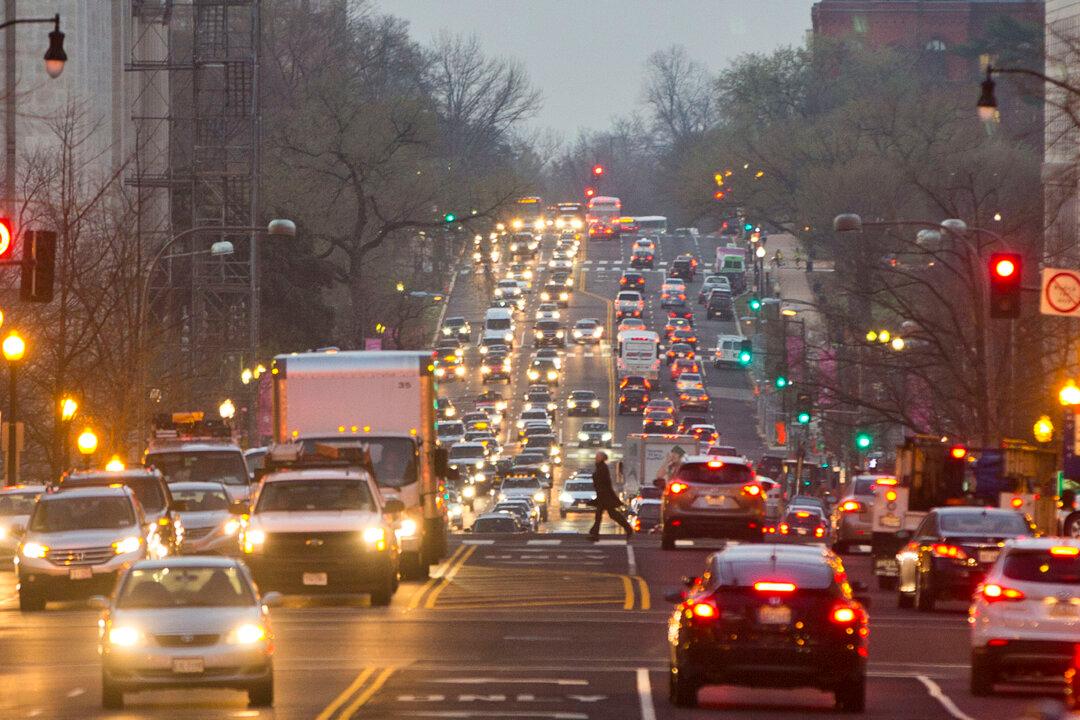With the Biden administration’s announcement that it will end the COVID-19 emergency status across the federal workforce and the nation by May 11, the District of Columbia is also trying to return to a prepandemic economy.
Mayor Muriel Bowser is urging President Joe Biden to do more to reinvigorate Washington’s economy, including requiring a unified return-to-work policy for all federal agencies that are housed in the capital’s once-bustling downtown.





